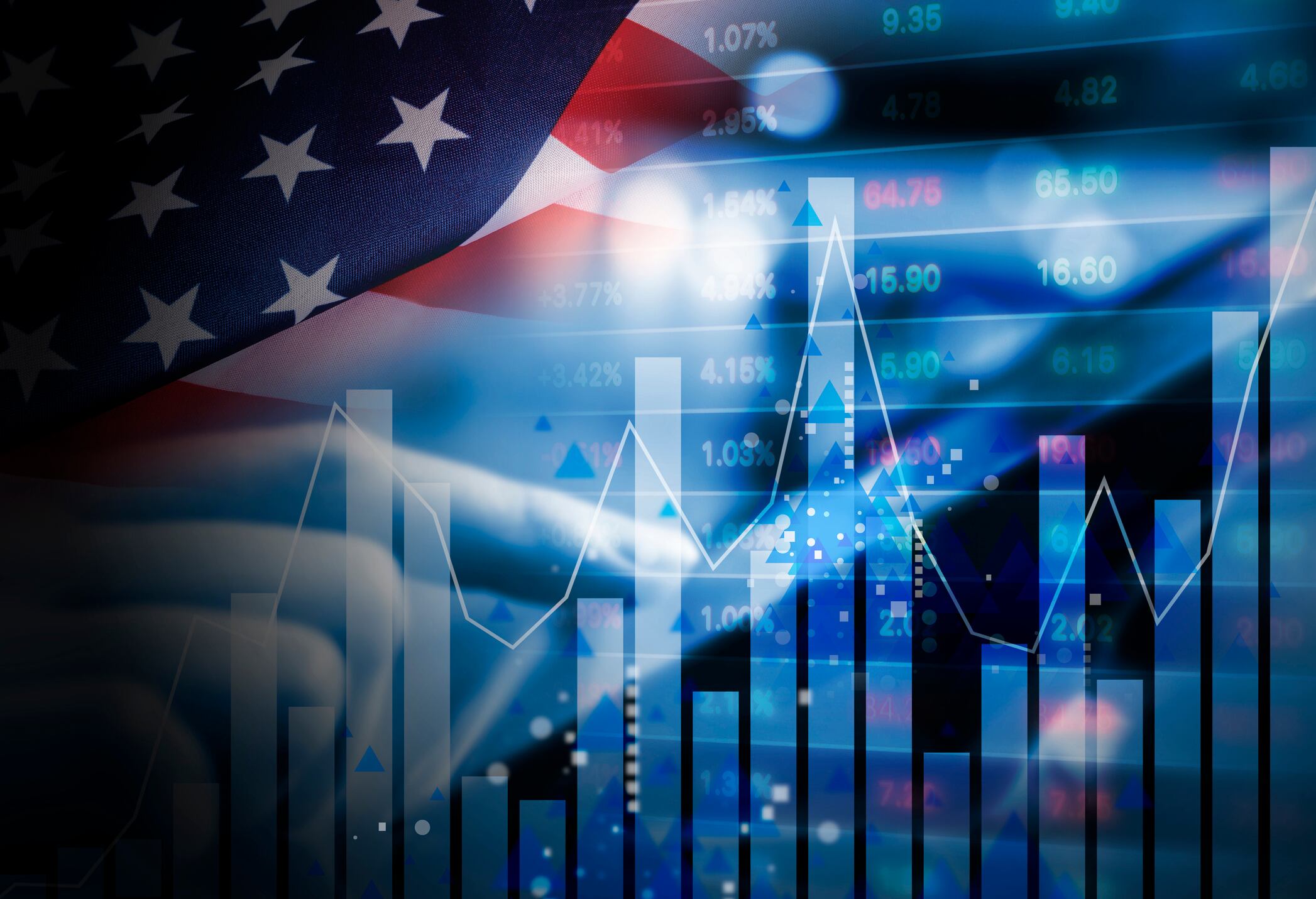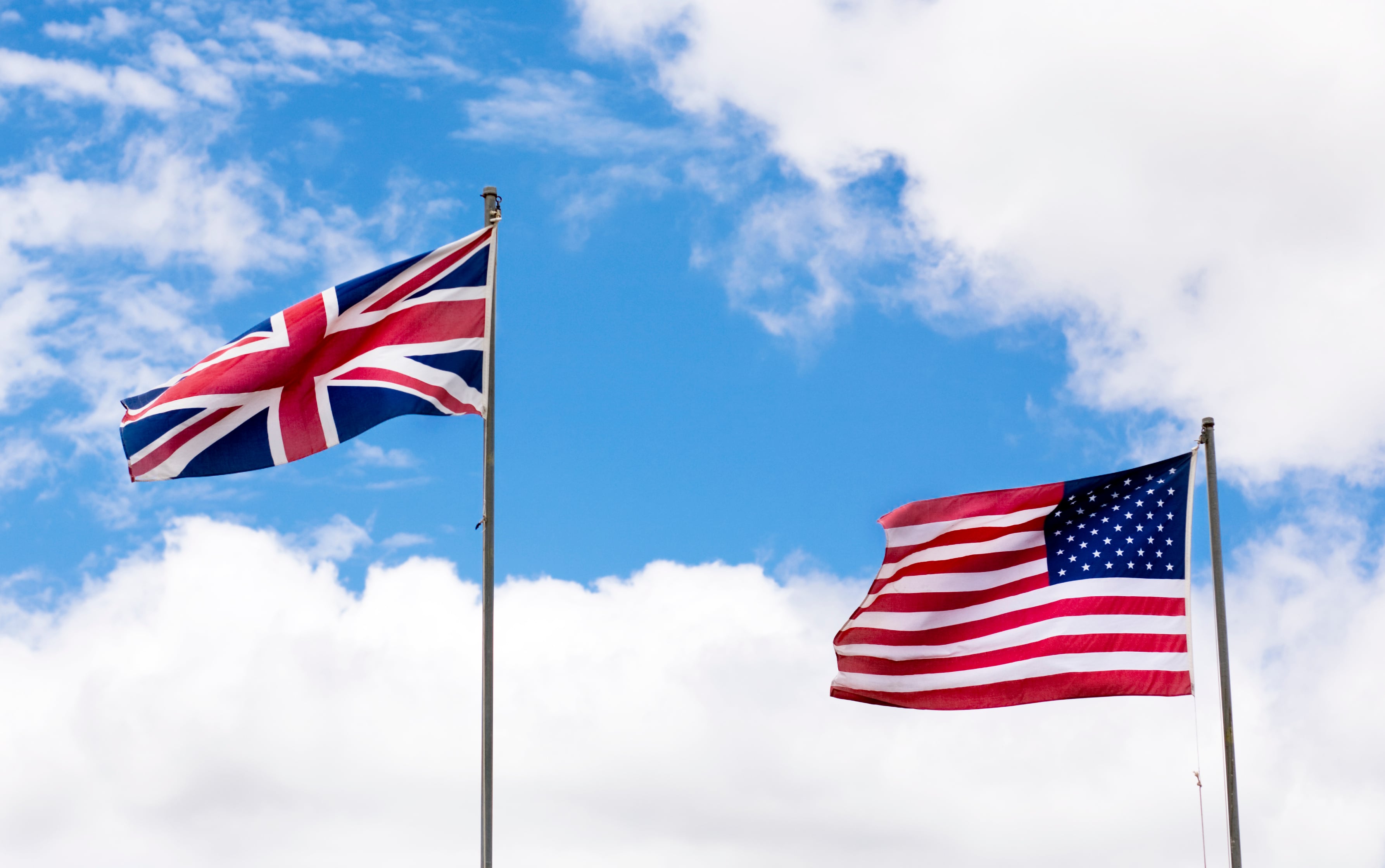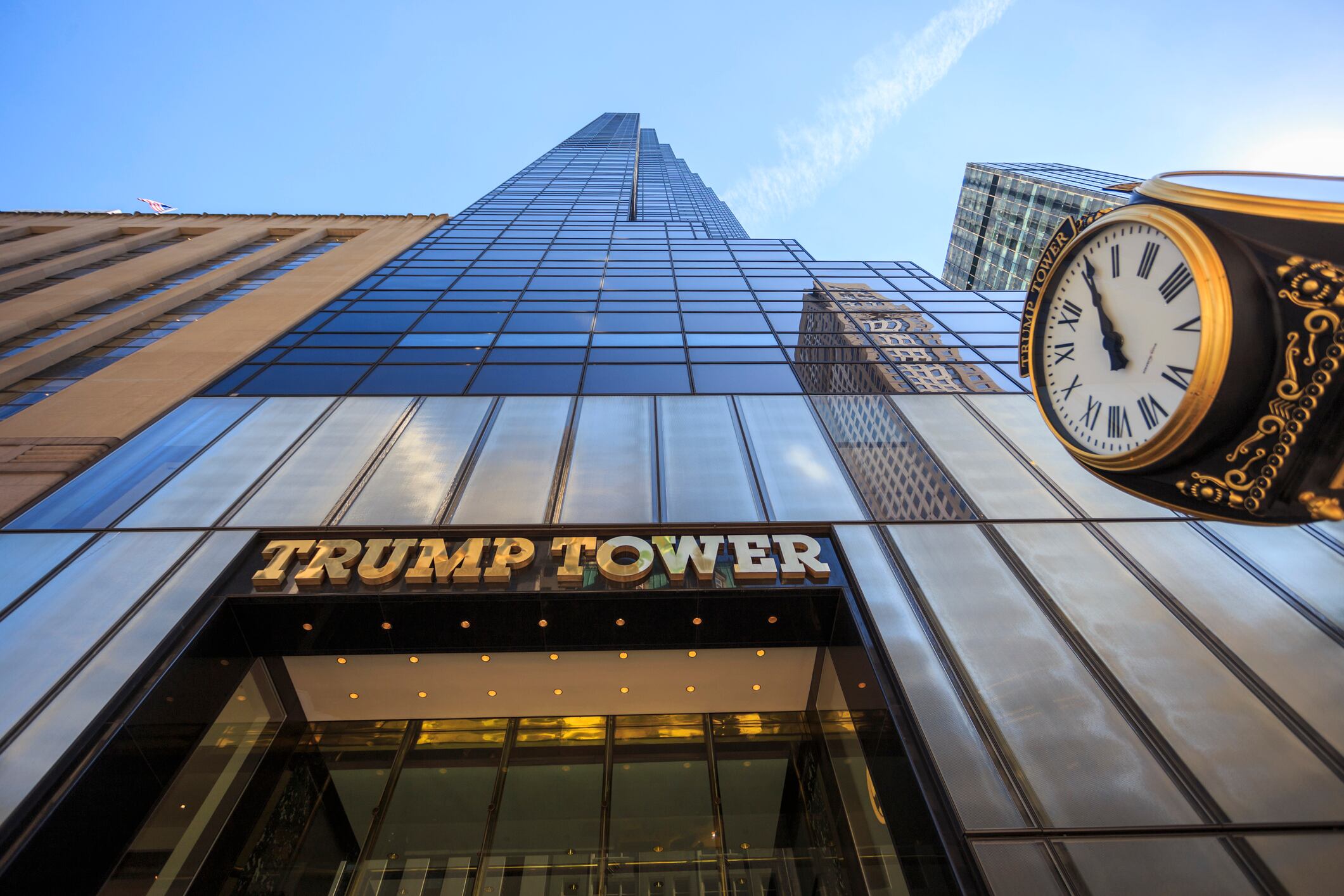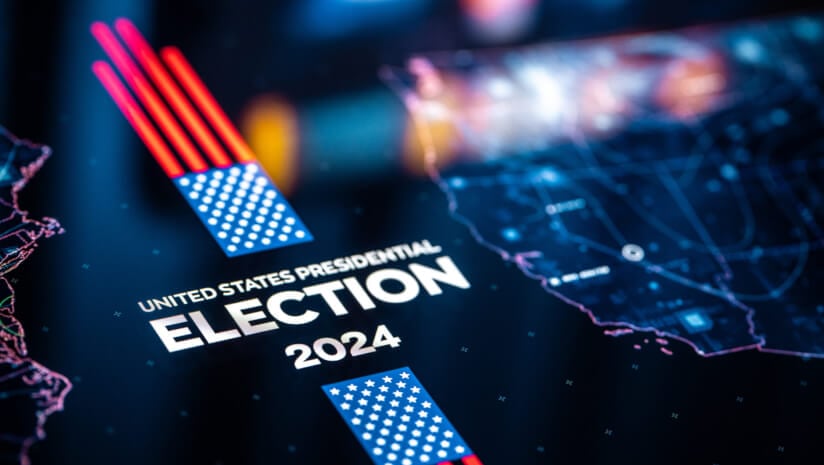This month started with Trump announcing tariffs of 25% against the US’s two closest trading partners, Canada and Mexico, and 10% on China in his war against illegal migration and the smuggling of the synthetic opioid fentanyl.
Canada and Mexico managed to push back tariffs after 11th hour talks with Trump, with their respective presidents agreeing to strengthen their borders in exchange for a one-month reprieve.
However, China immediately retaliated with 15% tariffs on coal and liquified natural gas from the US and 10% on crude oil, farm equipment, large-displacement vehicles and pickup trucks. US companies PVH Group and Illumina Inc were also added to China’s unreliable entity list, opening them up to restrictions or penalties, and an anti-trust investigation was launched into Google.
“The unilateral imposition of tariffs by the US seriously violates the rules of the World Trade Organisation,” China’s finance ministry said in its statement announcing the retaliatory tariffs. “It is not only unhelpful in solving its own problems, but also damages the normal economic and trade cooperation between China and the US.”
Marco Forgione, Chartered Institute of Export & International Trade, said Trump’s forceful approach in delivery of the ‘America First’ agenda sought to redefine the world economy, shifting away from the consensus of the last 60 years to establish a world order based on bilateral collaboration and economic nationalism.
“This systemic change will impact the global economy,” he explained. “All nations, whether directly targeted or not, will feel the repercussions. The uncertainty and instability is already making markets jittery – we live in a time when a nation changes policy based on a Presidential social media post made from the golf course.
Who’s next?
“No one should doubt President Trump and his administration’s resolve to not only put right, in their view, America’s exploitation by other nations but more importantly to reset the entire global system. For the UK – politically, economically and diplomatically set between US, EU and China – the opportunities are significant, but so too the risks.”
Simon Geale, executive vice president of global procurement and supply chain consultancy Proxima, warned that the EU could be the next target of Trump’s tariffs and highlighted two areas companies should be focusing on right now to navigate this challenging landscape.
The first step is managing the immediate impact of the tariffs, which involves analysing current import structure and identifying which products will be affected by the new tariffs to understand the potential cost impact.
“It’s then about working out resilience and mitigation strategies,” said Geale. “This will look different for every organization but may include optimising product classifications, diversifying suppliers, adjusting supply chains and financial planning. Many businesses will have begun this work already, but the implementation adds new urgency.”
The second area to focus on is the macro-economic impact of the tariffs, whether they last one week, one month or even a year.
“There is certainly the potential that tariffs of this scale could have a cooling effect on the American, Canadian and Mexican economies,” Geale added. “Businesses need to be prepared for that and start thinking through scenarios.
“If economies begin to slow down, what impact will that have on businesses? And in light of that are they in turn going to need to review their cost bases and spending more closely?
British manufacturers need to be aware of the impact these tariffs will have on them now, but they also need to be thinking through what might happen if tariffs were levelled directly on the UK and the EU.
While these appear to be imminent in the case of the EU, Trump has shown he is willing to take economic measures against close allies that would have been ‘off the table’ under previous administrations.
“No business should be naïve to the risk that issues could boil over in the future and put their country in the firing line when it comes to tariffs,” Geale concluded. “Is this the start of an acceleration of deglobalisation and sharp price rises? Time will tell.”
Avoiding disruption
Uncertainty surrounding the tariffs has already sparked action from many food and drink manufacturers eager to avoid disruption to supply.
Premium spirits company Luxco has brought forward its transatlantic shipping schedules to minimise how any future changes in trade tariffs impact the pockets of customers across Europe and the UK.
“There’s uncertainty about what the US government will or won’t do with trade tariffs and a looming 31st March deadline,” said Luxco managing director of international business Greg Mefford. “After this date, American whiskey entering Europe will be exposed to a 50% tariff. We’re working on cost and pricing strategies to mitigate this, and early shipping is one option that we’re pursuing.”
The suspension for US distilled spirits entering the EU is due to end on 31st March 2025, with any changes to this possibly hinging on renegotiations for US tariffs on imports of EU steel and aluminium.
“Retaliatory trade tariffs seem counterproductive for local and international markets, whether that’s the country exporting or importing,” Mefford added. “We welcome international trading agreements that are pro-trade and pro-consumer, which avoid pricing people and businesses out of markets, and support growth opportunities throughout supply chains.”
Dark skies ahead
Charlie Huggins, manager of the Quality Shares Portfolio at Wealth Club, argued Trump’s tariffs had cast a shadow over drinks giant Diageo’s outlook for the year, despite a successful showing in its recent half year financial results
While the company returned to growth in the first half of its fiscal year – with strong performances in Guinness and Tequila offsetting weakness in other spirits – Trump’s 25% tariffs on Canadian and Mexican imports have the potential to stop this recovery in its tracks.
“The US is Diageo’s largest market. To compound matters, the biggest impact of tariffs would be felt on Tequila, which is the fastest growing part of Diageo’s portfolio,” said Huggins. “The scale and breadth of Diageo’s portfolio means it is capable of meeting this challenge head on. It also has scope to accelerate productivity initiatives, which will now become even more important.
“However, with Diageo’s CEO, Debra Crew, under mounting pressure to turn things around, the last thing she needed was more uncertainty. Trump’s tariffs cloud the outlook and are a major kick in the teeth for shareholders.”
Meanwhile, The Centre for Inclusive Trade Policy has warned that a blanket ban of 20% on all goods going into the US could see the UK’s exports drop by £22bn (0.8% of GDP).





